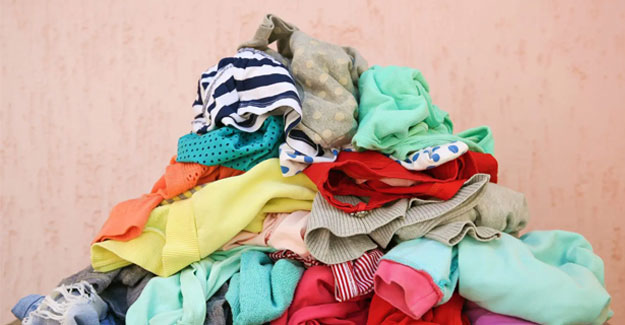
T-REX – Latest EU Recycling Initiative
The push to establish new textile recycling chains across Europe continues. Following the recent launch of projects such as ReHubs and Cisutac, the EU-funded T-REX Project (Textile Recycling Excellence) brings together a consortium of 12 major players from across the entire recycling value chain, along with research institutes. The consortium will work to create a harmonised EU blueprint for the closed-loop sorting and recycling of household textile waste, transforming end-of-use textiles from waste into a desired feedstock, and a commodity for new business models that can be adopted at scale. The project aims to contribute to understanding and identifying the infrastructure, technology and policy needed to encourage the growth of circular value chains in the textile industry. It is currently estimated that only 2% of post-consumer textiles in Europe are diverted to fibre-to-fibre recycling, but creating a circular system for post-consumer textile waste currently faces many challenges. These include a lack of standards for collecting and sorting across countries, inaccurate composition claims, uneven quality of materials and a lack of reliable data across the value chain. The T-REX Project will build knowledge on the systemic change required to scale fibre-to-fibre recycling, adding to previous studies that include the Fashion for Good and Circle Economy’s recent Sorting for Circularity Europe report, which indicates that 74% of low value, post-consumer textiles are readily available for fibre-to-fibre recycling in six European countries. Over a three-year period, the T-REX Project will collect and sort household textile waste and demonstrate a full recycling process for polyester, polyamide 6 and cotton/cellulosic materials. Simultaneously, it aims to demonstrate sustainable and economically feasible business models along the value chain, conduct lifecycle analysis of the circular process, integrate digital tools that streamline the process of closed-loop textile recycling and produce circular design guidelines. Veolia will lead the post-consumer textile waste collection, sorting and division to work with the feedstock needs of the respective textile recycling technologies of Infinited Fiber Company, BASF and CuRe. The recycled fibres will be converted to yarns by Linz Textil and TWD Fibres and Adidas will create demonstration products. FAU will support the project with analytical expertise and Aalto University will conduct citizen engagement activities to raise awareness. Fashion for Good is leading industry communications and conducting business viability and digital integration activities, supported by Quantis and Arapaha. Meanwhile, at a recent conference, Dirk Vantyghem, Director General of EURATEX, commented: “To prepare for a brighter future requires a new regulatory framework, where quality and durability become the norm, where transparency and sustainability is rewarded, where free riders – who do not comply with rules and standards – are kept outside the market. The EU Textile Strategy aims at creating such a framework, which must be fair and balanced, and requires a close and constant dialogue between the regulator and the industry.”
T-REX Project
If you wish to Subscribe to Textile Excellence Print Edition, kindly fill in the below form and we shall get back to you with details.













